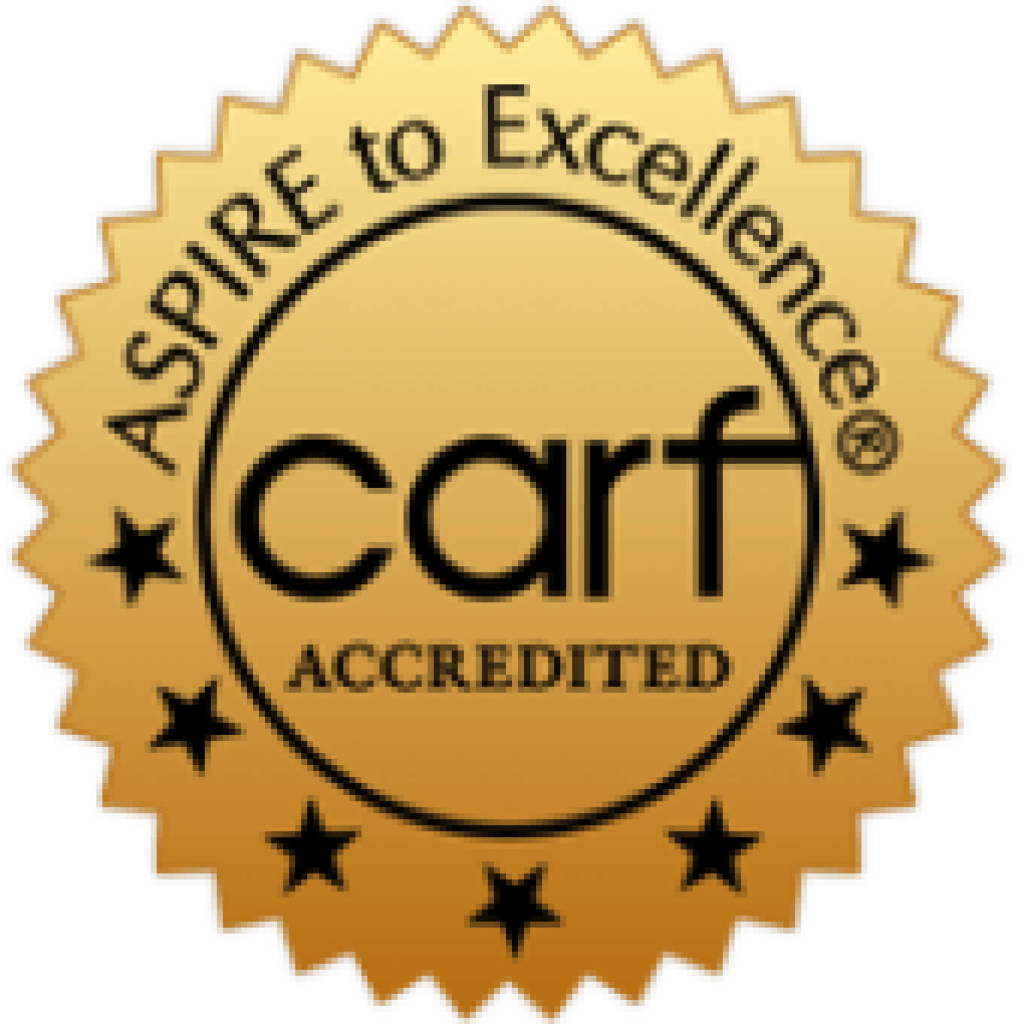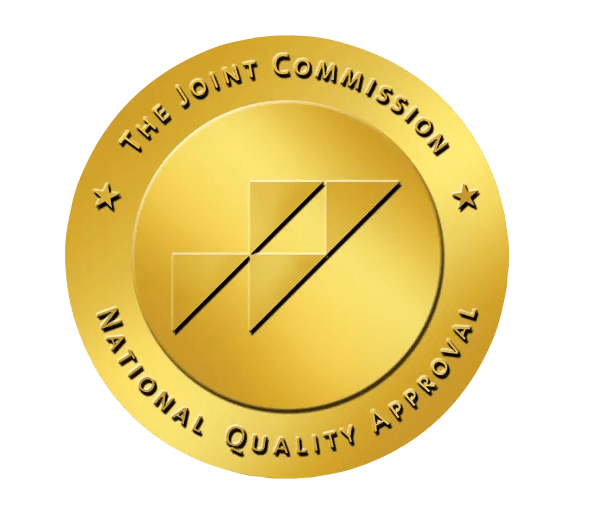With locations throughout Arkansas, Kansas, and Oklahoma, we serve the entire United States.
Addiction and PTSD: How Are They Connected?
How Are Addiction and PTSD Connected?

Photo Credit: Pexels
Both substance use disorder (SUD) and post-traumatic stress disorder (PTSD) are serious mental health disorders that are life-altering.
Both require treatment in order for the individuals suffering from them to lead full and healthy lives.
However, what many people don’t know is how closely related the two disorders are. Because they co-occur, they can reinforce each other, making the situation significantly worse.
RELATED: 4 Common Group Therapy Topics for Addiction→
What Is PTSD?
Post-traumatic stress disorder (PTSD) is a disorder that occurs after an individual experiences or witnesses a traumatic event.
This may be a natural disaster, an act or violence, war, and more. Individuals with PTSD suffer from anxiety, depression, fear, stress, and agitation.
The symptoms cause mental anguish and impair daily functioning.
Many individuals with PTSD turn to drugs or alcohol to manage the stress and pain.
Addiction and PTSD
Both addiction and PTSD change brain chemistry in similar ways.
Thus, the two disorders feed off each other. Additionally, trauma can fuel both disorders.
In fact, those seeking treatment for PTSD are approximately 14 times more likely to receive an SUD diagnosis. Additionally, 50% of people seeking treatment for SUD meet the criteria for PTSD.
Thus, the two disorders are very closely connected, and have a significant impact on each other.
Of the various ways in which addiction and PTSD are connected, two ways stand out.
We’ve discussed both below:
Self-Medication
Individuals with PTSD may have panic attacks, anxiety, and even violent outbursts.
Fear and guilt can lead to self-medication which can then lead to addiction. When people take drugs or alcohol over and over, they develop a tolerance, and may not be able to give them up.
They develop an addiction and become dependent on the substance. Self-regulating to ward off symptoms like intrusive memories leads to addiction and further problems.
Reinforcement and Worsening the Disorders
While drugs and alcohols may temporarily provide relief, they aren’t a solution.
In fact, they make PTSD much worse. Alcohol and drugs like opiates are depressants and work on the central nervous system as such.
They worsen anxiety and depression and even interfere with sleep patterns.
The Importance of Dual Diagnosis Treatment
Since the two disorders are connected, it’s essential to use dual diagnosis treatment.
Both conditions must be treated in order to become sober and manage PTSD symptoms. To undo the damage caused by these diseases, they have to be treated simultaneously.
Cognitive behavioral therapy (CBT) can be used to manage PTSD symptoms while addiction is treated at the same time.
Simply treating the trauma doesn’t necessarily get rid of addiction since tolerance and withdrawal continue the cycle of abuse.
Additionally, simply treating the addiction doesn’t tackle the root of the problem and PTSD can lead to relapses.
Summary
If you or a loved one are suffering from SUD and PTSD, please do not lose hope.
Addiction recovery and managing PTSD are possible.
At Pathways Recovery Centers, we believe in dual diagnosis and treating all conditions. Each patient has an individualized treatment plan, and our experts are well-versed in different disciplines.
If you’re ready to tackle your diseases and start your recovery journey, call us at
1-888-744-6597 or reach out to us
here.
Take the First Step!
We will get back to you as soon as possible.
Please try again later.
Start Your Path to Recovery
The path to recovery could be closer than you think. Click through to learn more and begin healing today.
Holland Pathways
Wichita, KS
Sunflower Recovery
Kansas City
Country Road Recovery
Oklahoma City
Serenity Park Recovery
Little Rock, Arkansas
With locations throughout Arkansas, Kansas and Oklahoma
we serve the entire United States
Drug & Alcohol Addiction Treatment in KS & OK






